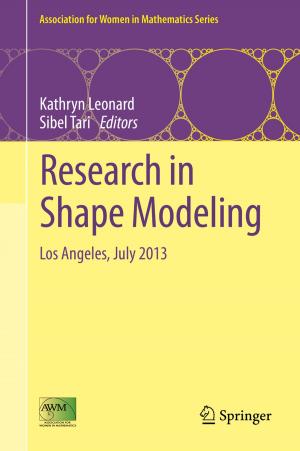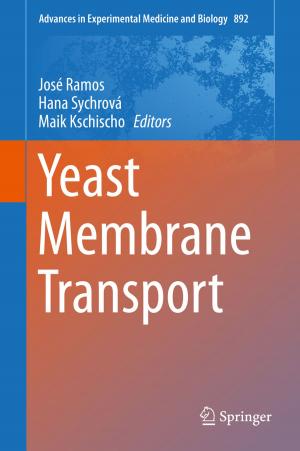Causal Nets, Interventionism, and Mechanisms
Philosophical Foundations and Applications
Nonfiction, Science & Nature, Mathematics, Statistics, Science, Other Sciences, Philosophy & Social Aspects| Author: | Alexander Gebharter | ISBN: | 9783319499086 |
| Publisher: | Springer International Publishing | Publication: | January 11, 2017 |
| Imprint: | Springer | Language: | English |
| Author: | Alexander Gebharter |
| ISBN: | 9783319499086 |
| Publisher: | Springer International Publishing |
| Publication: | January 11, 2017 |
| Imprint: | Springer |
| Language: | English |
This monograph looks at causal nets from a philosophical point of view. The author shows that one can build a general philosophical theory of causation on the basis of the causal nets framework that can be fruitfully used to shed new light on philosophical issues. Coverage includes both a theoretical as well as application-oriented approach to the subject.
The author first counters David Hume’s challenge about whether causation is something ontologically real. The idea behind this is that good metaphysical concepts should behave analogously to good theoretical concepts in scientific theories. In the process, the author offers support for the theory of causal nets as indeed being a correct theory of causation.
Next, the book offers an application-oriented approach to the subject. The author shows that causal nets can investigate philosophical issues related to causation. He does this by means of two exemplary applications. The first consists of an evaluation of Jim Woodward’s interventionist theory of causation. The second offers a contribution to the new mechanist debate.
Introductory chapters outline all the formal basics required. This helps make the book useful for those who are not familiar with causal nets, but interested in causation or in tools for the investigation of philosophical issues related to causation.
This monograph looks at causal nets from a philosophical point of view. The author shows that one can build a general philosophical theory of causation on the basis of the causal nets framework that can be fruitfully used to shed new light on philosophical issues. Coverage includes both a theoretical as well as application-oriented approach to the subject.
The author first counters David Hume’s challenge about whether causation is something ontologically real. The idea behind this is that good metaphysical concepts should behave analogously to good theoretical concepts in scientific theories. In the process, the author offers support for the theory of causal nets as indeed being a correct theory of causation.
Next, the book offers an application-oriented approach to the subject. The author shows that causal nets can investigate philosophical issues related to causation. He does this by means of two exemplary applications. The first consists of an evaluation of Jim Woodward’s interventionist theory of causation. The second offers a contribution to the new mechanist debate.
Introductory chapters outline all the formal basics required. This helps make the book useful for those who are not familiar with causal nets, but interested in causation or in tools for the investigation of philosophical issues related to causation.















